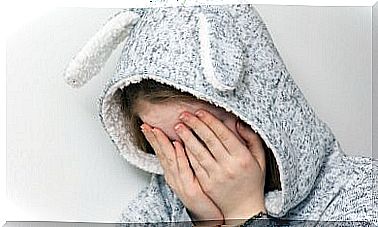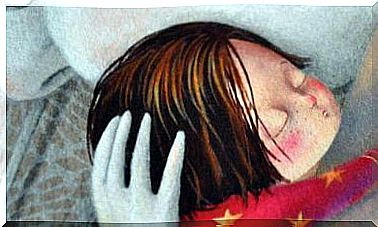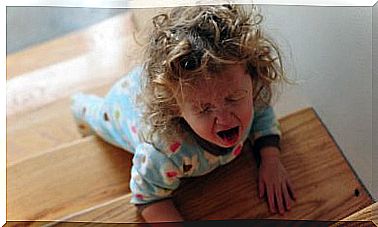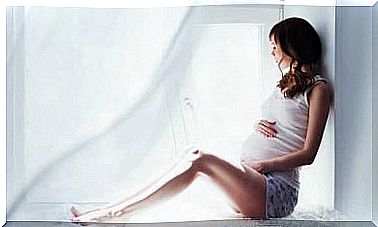Having More Children Slows Down The Aging Process
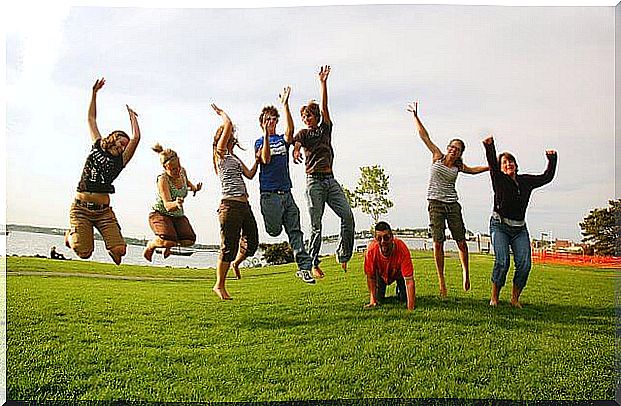
Many women are concerned about the extent to which their bodies will be affected by motherhood. It is undeniable that a woman’s body changes after giving birth and that it can be affected by raising children.
Ironically, despite the many changes that motherhood entails, having children slows down the aging process; at least that’s what a recent study carried out by researchers at Simon Fraser University in Canada affirms. This study was published in the journal PLOS ONE .
From a study conducted, researchers found evidence that women who gave birth to multiple children had longer telomeres. Thus, the researchers suggest that the number of deliveries a woman has influences the rate at which her body ages.
Telomeres are the protective tips at the end of each DNA strand and are indicative of cellular aging. Longer telomeres are an integral part of cell replication and are associated with longevity.
Having more children does not accelerate the rate of biological aging
The study, the first to examine the direct association between the number of children and telomere shortening in humans over time, evaluated the number of children born to 75 women in two rural indigenous communities in Guatemala and the length of their respective telomeres.
The length of the telomeres of the participants was measured at two time points 13 years apart, using salivary samples and buccal swabs. The researchers explain that the results of their study contradict the life history theory, which stands out for stating that the more descendants you have, the greater the rate of biological aging.
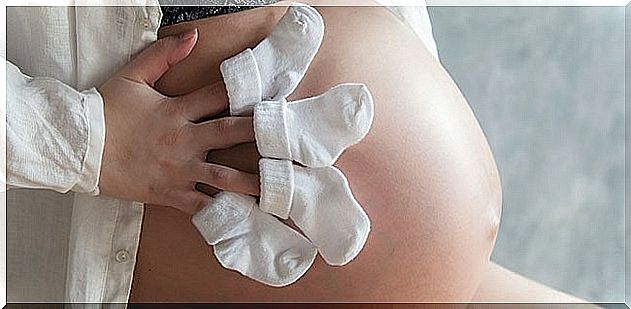
Life history theory predicts a balance between reproductive effort and the rate of biological aging. Thus, the energy invested in reproduction is not available for the maintenance of the tissue, so having more offspring can be expected to lead to accelerated aging.
Various studies carried out in a variety of non-human species are consistent with this prediction. These studies measured the length of the telomeres of the animals. It has been observed that, as organisms age, their telomeres shorten. According to the guidelines of the life history theory, having more offspring should be associated with shorter telomeres and accelerated aging.
Antioxidant function of estrogens
The researchers say they discovered a slower rate of telomere shortening in study participants who had more children. However, they explain, this can be attributed to the dramatic increase in estrogen , a hormone produced during pregnancy.
As indicated, estrogens function as a powerful antioxidant that protects cells against telomere shortening.
The fundamental role of the environment
Furthermore, the social environment in which the study participants live influences the relationship between their reproductive efforts and the rate of aging.
The women we followed over the course of the study were from highly fertile populations where mothers who have numerous children receive more social support from their family and friends, the researchers explain.

The researchers explain that humans are cooperative breeders and, in some contexts, the number of children a woman has may be directly related to the amount of social support they receive.
Therefore, by having more children, women also get more support, which in turn, can lead to an increase in the amount of metabolic energy that can be allocated to maintenance of tissues, which helps to stop the process of cellular aging.
On this hypothesis, studies show that support and attention decreases the energy expenditure associated with raising children. Previous studies have also shown that increased social support works against telomere shortening.
Therefore, the researchers propose the combination of the support received by mothers in these societies can help defray the costs of reproduction, thus releasing metabolic energy, part of which could be attributed to maintaining tissues, which would reduce the rate of cellular aging.
The researchers conclude by saying that future studies should formally test the relationship between the availability of maternal support, reproductive activity and the rate of cellular aging.




